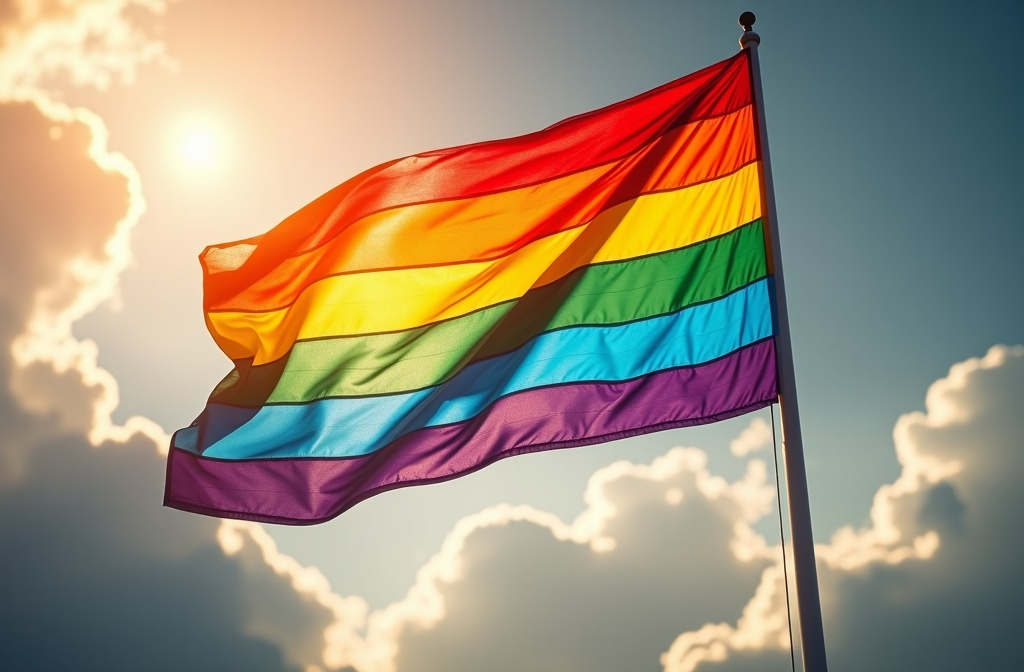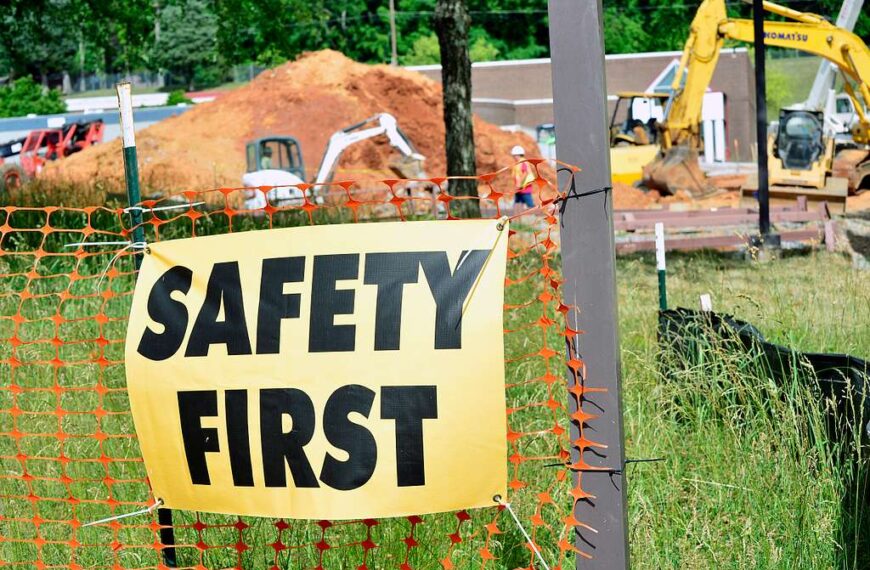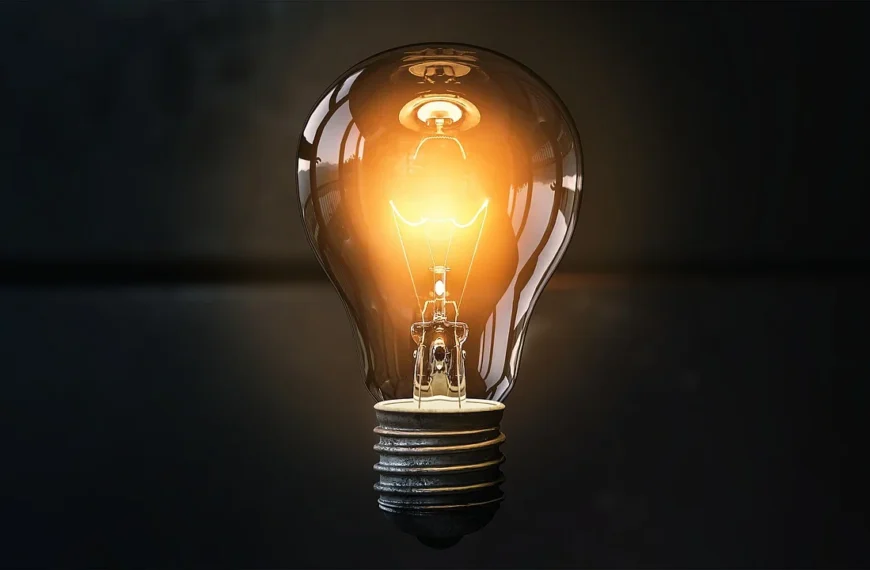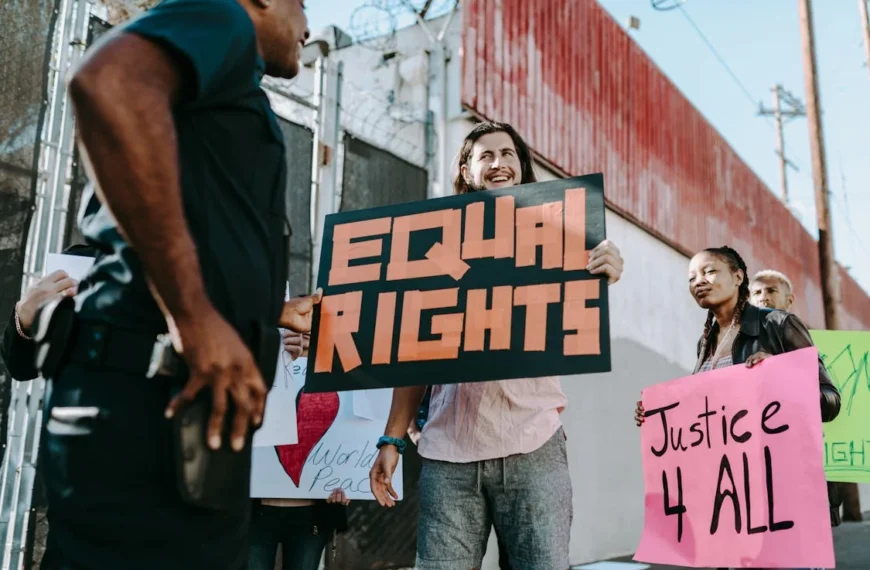Introduction:
In the heart of New York City’s Greenwich Village stands a modest building with a world-changing legacy called the Stonewall Inn. This unassuming gay bar became the epicentre of a civil rights revolution. The events that unfolded there in June 1969 ignited the global LGBTQ+ Pride movement, transforming a marginalised community’s struggle for recognition into an enduring force for equality and visibility.
Oppression and Resilience in LGBTQ+ Spaces
In the 1960s, LGBTQ+ individuals faced legal persecution, violence, and social rejection. Homosexuality was criminalised in most parts of the United States, and police raids on gay bars were frequent. Being “outed” could mean losing your job, your home, or even your life.
Gay bars, despite being under constant threat, served as vital sanctuaries. The Stonewall Inn, run by the Mafia, was one such haven for New York’s most marginalised queer communities, including drag queens, transgender people, sex workers, and homeless LGBTQ+ youth.
The Uprising That Changed History
In the early hours of 28 June 1969, police raided the Stonewall Inn once more but this time, the patrons resisted. Bottles flew, crowds swelled, and for several nights, the streets of Greenwich Village were alive with protest. This act of spontaneous rebellion, now known as the Stonewall riots, marked a dramatic turning point in LGBTQ+ history.
Among the brave individuals who stood up were key figures like Marsha P. Johnson, a Black trans woman and activist, Sylvia Rivera, a Latina trans activist, and Stormé DeLarverie, a butch lesbian performer often credited with throwing the first punch. Their stories have since become symbols of defiance and resilience in the face of state-sanctioned oppression.
The Aftermath: Birth of the Gay Liberation Movement
In response to the riots, activist organisations like the Gay Liberation Front (GLF) and the Gay Activists Alliance (GAA) emerged. These groups pushed for radical change: decriminalisation of homosexuality, anti-discrimination laws, and social acceptance of LGBTQ+ people.
The riots also inspired the creation of the first Pride march. On 28 June 1970, thousands marched from Greenwich Village to Central Park in what was then called Christopher Street Liberation Day. Organised by Brenda Howard, often referred to as the “Mother of Pride,” the event marked the beginning of a global tradition of LGBTQ+ Pride parades.
From Protest to Global Pride
The first Pride events in New York, Los Angeles, and Chicago quickly inspired similar events around the world. Today, cities on every continent — from London and São Paulo to Taipei and Johannesburg — host their own annual Pride celebrations.
Organisations like InterPride help coordinate global Pride efforts, supporting advocacy, education, and human rights campaigns. While some Pride events are festive and colourful, others, especially in countries where homosexuality is still criminalised, remain focused on protest and survival.
The Stonewall Inn – National Monument and Global Symbol
In 2016, then-President Barack Obama designated the area around the Stonewall Inn as the Stonewall National Monument, the first U.S. national monument dedicated to LGBTQ+ rights. Today, the Stonewall Inn remains a gathering place for activists and allies, and a powerful symbol of LGBTQ+ pride and resilience.
The legacy of Stonewall lives on through ongoing activism, public education, and community organising. The Pride flag, created by Gilbert Baker, and the chant “We’re here, we’re queer, get used to it!” continue to echo around the world.
The Evolution of Pride: Celebration, Commercialisation, and Reclamation
As Pride has grown in popularity, it has also sparked debate. Many events now feature corporate sponsorships, merchandise, and celebrity performances — a trend sometimes criticised as “rainbow-washing,” where companies profit from LGBTQ+ visibility without supporting the community year-round.
In response, grassroots movements like the Reclaim Pride Coalition have emerged. These groups focus on anti-racist, anti-capitalist, and trans-inclusive messaging, calling attention to police violence, healthcare inequality, and the ongoing challenges facing LGBTQ+ people of colour.
Conclusion
The Stonewall Inn was not just a bar; it was a crucible of change. The rebellion that began there sparked a worldwide movement that continues to fight for LGBTQ+ rights, dignity, and safety.
By remembering Stonewall, we honour the courage of those who fought back and commit to building a future where LGBTQ+ people everywhere can live with pride — not just during a parade, but every day of the year.








